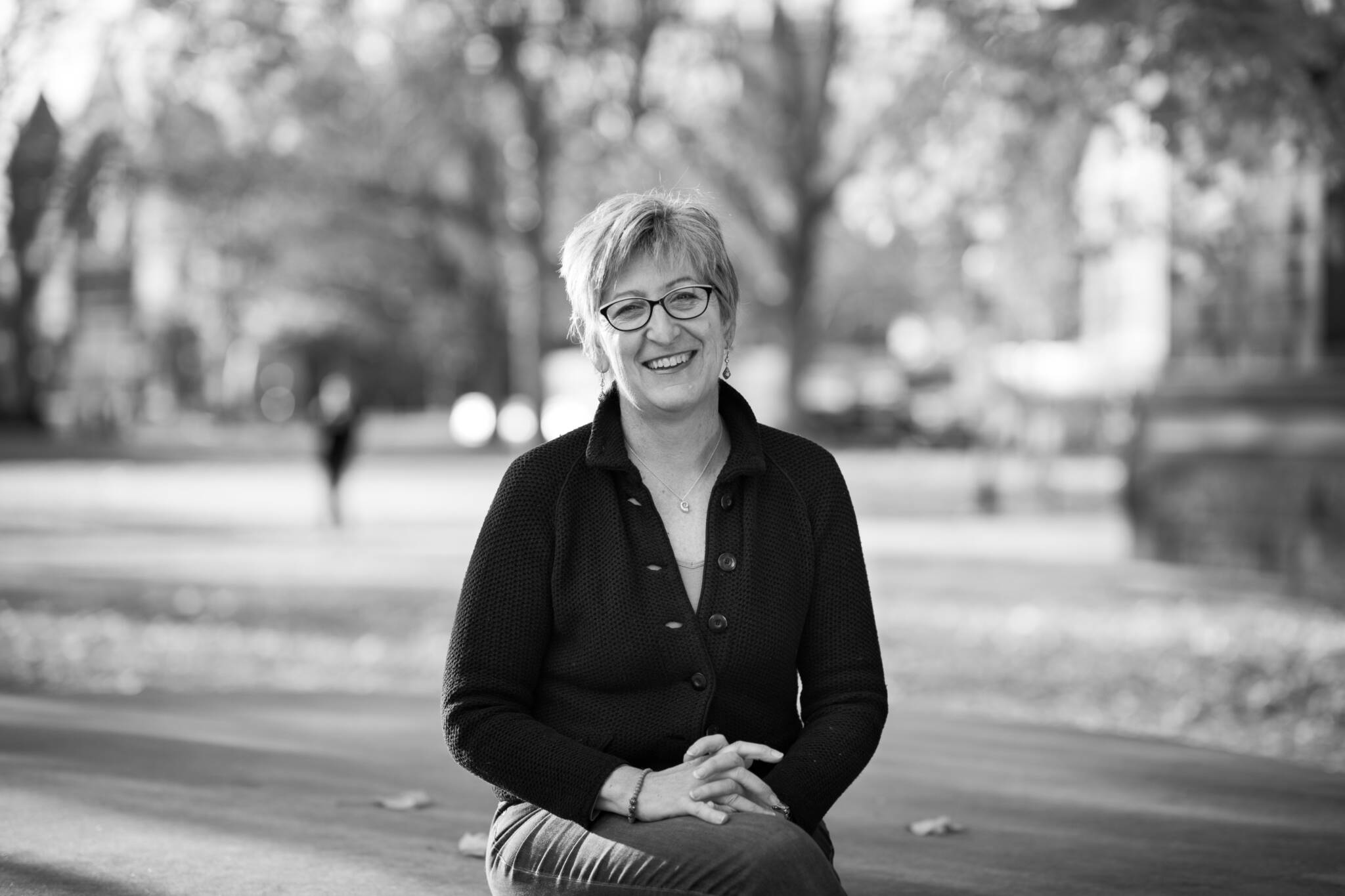Sara S. Poor is Associate Professor in the Department of German and the author of a prize-winning study of the 13th-century mystic, Mechthild von Magdeburg (Mechthild of Magdeburg and Her Book: Gender and the Making of Textual Authority Penn 2004). She is also co-editor of three volumes of essays: Women and Medieval Epic (Palgrave 2007), Mysticism and Reform 1400-1750 (Notre Dame 2015), and Gender Bonds/Gender Binds (De Gruyter 2021). Her teaching and research focus on gender, medieval and early modern romance and epic, mysticism, female agency, and the material history of the book.
Title of Project: The Literary Agency of Medieval Women: Kunigund Niklasin (d. 1457) and the Library of St Catherine’s in Nuremberg
What do we miss when we see women’s agency only through the lens of transgression? What happens when we expand our notion of authorship to include women who were writing books but not necessarily composing “original” texts? By focusing on the career of Kunigund Niklasin (d. 1457)—prolific scribe and “book mistress” of St Catherine’s convent in Nuremberg—this study elucidates the wide range of writing activity attributable to women in this period. Evidence of Niklasin’s hand appears in at least thirty-one books, and, in the mid 1450s, she put together two fascinating volumes that inventory and organize the c. 600 volume library of the Dominican convent. While the extraordinary archive represented in Niklasin’s inventories has been well known among European scholars of medieval German literature and religious women’s history for some time, it remains practically unknown among Anglo-American medievalists outside of German Studies, despite the recent work of several North American colleagues. In chapters dedicated to the specificities of Niklasin’s work, this project explores the wider implications, both of Niklasin’s writing and of the rich resource made known to us through that writing, for a more inclusive theory of female agency, an expanded notion of authorship, and a nuanced appreciation of the important roles of late medieval women as writers—and authors—in the history of the book.
Read her full biography on the German Department website.
















